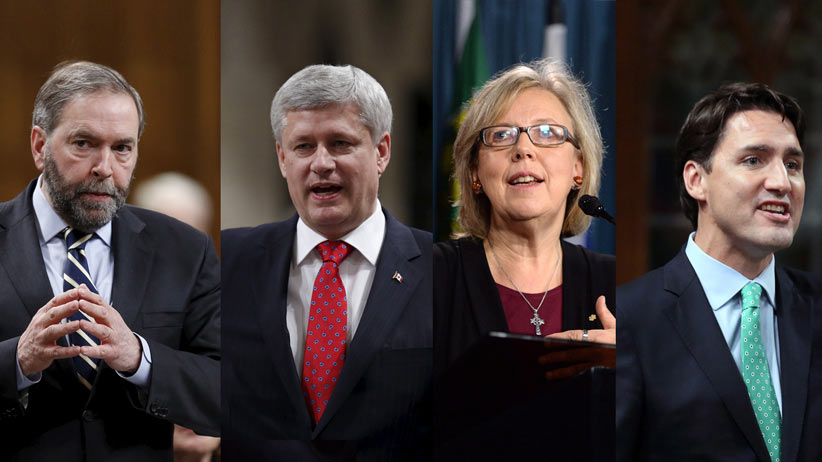Federal election 2015: Time for a national dementia strategy
Mimi Lowi-Young, CEO of the Alzheimer Society of Canada, explains why she’s working hard to raise awareness during this election campaign
Share
By Mimi Lowi-Young, CEO of the Alzheimer Society of Canada
Although healthcare continues to be a top concern of Canadians, you would never know it from the coming federal election.
But the 747,000 Canadians who live with the debilitating disease of dementia are hoping that someone will pay attention to them. That’s why the Alzheimer Society is asking candidates from all political parties to express their support for a national dementia strategy.
A proposed Canadian Alzheimer’s Disease and Dementia Partnership would spearhead this strategy by bringing together dementia experts, policy-makers, researchers and health-care providers to work alongside people living with dementia and their families.
Dementia is a neuro-degenerative disease which results in a decline in mental function. Memory loss is one of the symptoms. There is no cure for the disease nor are there currently any medications which are effective in stopping its progression. Alzheimer’s disease is the most common form of dementia.
While the number of people with dementia has stabilized in many countries, by the end of 2031, an estimated 1.4 million Canadians will be living with some form of dementia, including Alzheimer’s. That’s double the number of people who have the disease today.
While age is a primary risk factor, dementia is not a disease that affects only older people. Early onset dementia can begin before the age of 65. About one person in every thousand under the age of 65 develops dementia.
In 2011, Canadians lost an estimated $11 billion in income providing care to family members living with dementia. That is the equivalent of almost 230,000 full-time jobs. It’s not just the economic costs associated with caregiving that are cause for alarm.
Because dementia is a progressive disease, caregivers must provide round-the-clock care, which take a serious toll on their physical and mental well-being. That’s why support for caregivers is such an important issue for public policy.
The federal Conservative government has committed its support to dementia in the 2013 Speech from the Throne and again in the 2015 federal budget. There has also been unanimous support for a national dementia strategy from the Opposition parties.
We need to take that commitment to the next step. A recent Nanos survey showed that 83 percent of Canadians support the idea of a national dementia strategy.
By implementing a strategy, we will be able to enhance research efforts, raise awareness about the disease, provide support for people with dementia and their care givers, identify best practices for care and improve surveillance of the disease.
Other G8 countries are rising to the challenge posed by dementia. In February of this year, Prime Minister David Cameron unveiled a plan for the United Kingdom by announcing government funding for research worth more than $600 million in Canadian dollars over five years.
The scale of the challenges ahead means that no single province or organization can tackle dementia on their own. A pan-Canadian approach is the best solution and can make a real difference.
Canadians need a federal plan for dementia and the Alzheimer Society is working hard to ensure that a national conversation puts it on the radar screen.
In the run-up to October’s federal election, we will be asking the federal parties and their local candidates to make a national dementia strategy a priority.
We have received a wake-up call. The time has come to follow through with meaningful action.
Together, we can beat this disease.
